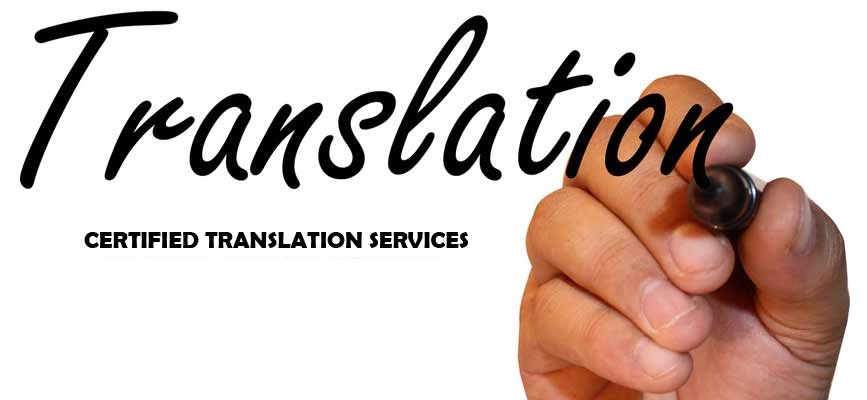China is a very large country and a large economy as well. Travelers from across the world go to the country for various purposes. Here are some Chinese phrases that you must know to start the interaction. For more professional translation, you can go for documents translations services. So let’s go through them one by one now.

One # How Are you? (Chinese: ni hao ma?)
Wei is mostly used on the phone and is a Chinese “hello” or “hi.” Ni hao ma? Means “You good.” It is very similar to “How Are You?”, and can also mean “Are you Ok?” You will hear Nihao frequently, and it means “Nice To See You.” They are the most basic and standard Chinese greeting.
Two # Good or Bad? (Chinese: haobuhao)
In Chinese it means Haobuhao? Hao means “good.” It may also mean “Ok.” Buhao means “not good.” You might hear Chinese speakers use “hao” and “buhao” to express their feeling of good or bad. It means “Good Or Bad” or “Is It Ok.” After this or “Ni hao ma?” you can reply “hao” or “buhao.”
Three # Thank You (Chinese: xiexie)
It is the simplest way to thank you. And you will commonly see people using it for greeting.
Four # Have You Eaten? (Chinese: ni chi le ma)
It the Chinese way of showing cares and concern and is almost equal to saying “How Are You?” People may ask “Have You Eaten” as a polite gesture and you may hear a reply “I have eaten” or Chi Le. If you have not, you must put some pressure on the person asking to provide food for you, and that’s considered polite.
Five # Ask What Some Thing Is? (Chinese: zhe shi shenme?)
Here is a good way to both indicate your interest in an item and to learn a lot of new words. The three words are Zhe(this), shi(is), and shenme(what). You can use the phrase to find out what the things are called.
Six # Good Morning! (Chinese: zao an)
In China, people love to say “Good Morning,” so if you greet anyone early, make sure you say “Good Morning.” You hardly see people saying Good Afternoon (wu an) and Good Night (wan an), and just as in English is a parenting phrase.
Get In Touch
Language Oasis offers documents translation services in many languages and you can get in touch @ 888-670-3369.







